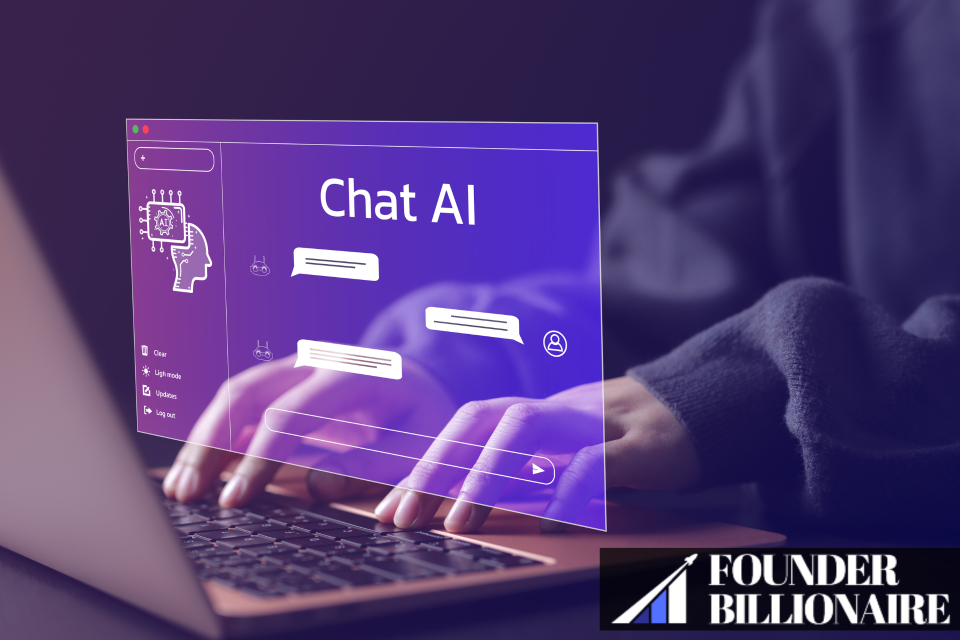Artificial Intelligence (AI) is no longer a futuristic concept—it’s a transformative force reshaping industries and redefining how businesses operate. Startups are at the forefront of this revolution, leveraging AI to solve complex problems, improve efficiency, and create innovative solutions. From healthcare to agriculture, AI-powered startups are disrupting traditional sectors and unlocking new possibilities. This article explores how startups are harnessing AI to revolutionize industries and drive innovation.
What is Artificial Intelligence (AI)?
Artificial Intelligence refers to the simulation of human intelligence in machines that are programmed to think, learn, and make decisions. Key AI technologies include machine learning, natural language processing, computer vision, and robotics. These capabilities enable machines to analyze vast amounts of data, recognize patterns, and perform tasks that traditionally required human intelligence.
The Role of Startups in AI Innovation
Startups play a critical role in AI innovation due to their agility, creativity, and willingness to take risks. Unlike large corporations, startups can quickly adapt to new technologies and market demands, making them ideal drivers of AI-driven disruption. By focusing on niche problems and leveraging cutting-edge AI tools, startups are pushing the boundaries of what’s possible.
Industries Transformed by AI Startups
4.1. Healthcare
AI startups are revolutionizing healthcare by enabling early disease detection, personalized treatment plans, and drug discovery. Companies like PathAI use AI to improve diagnostic accuracy, while Tempus leverages machine learning to analyze clinical data for personalized cancer treatments.
4.2. Finance
In the finance sector, AI startups are enhancing fraud detection, automating trading, and providing personalized financial advice. Upstart uses AI to assess credit risk, while Kensho provides data analytics for investment decisions.
4.3. Retail
AI is transforming retail through personalized shopping experiences, inventory management, and demand forecasting. Startups like Sentient Technologies and Vue.ai are helping retailers optimize operations and engage customers.
4.4. Manufacturing
AI startups are driving innovation in manufacturing by enabling predictive maintenance, quality control, and supply chain optimization. Companies like Cognex and Samsara use AI to improve efficiency and reduce costs.
4.5. Agriculture
AI is revolutionizing agriculture by enabling precision farming, crop monitoring, and yield prediction. Startups like Blue River Technology and FarmWise use AI-powered robots and drones to optimize farming practices.
Key AI Technologies Driving Innovation
5.1. Machine Learning
Machine learning algorithms enable startups to analyze large datasets, identify patterns, and make predictions. This technology is widely used in healthcare, finance, and retail.
5.2. Natural Language Processing (NLP)
NLP allows machines to understand and generate human language. Startups like OpenAI (with GPT models) and Replika are using NLP to create chatbots, virtual assistants, and language translation tools.
5.3. Computer Vision
Computer vision enables machines to interpret and analyze visual data. Startups like UiPath and Nuro use computer vision for applications such as autonomous vehicles and robotic process automation.
5.4. Robotics and Automation
AI-powered robotics are transforming industries like manufacturing and agriculture. Startups like Boston Dynamics and Rethink Robotics are developing advanced robots for various applications.
Challenges Faced by AI Startups
Despite their potential, AI startups face several challenges:
- Data Privacy Concerns: Ensuring compliance with regulations like GDPR.
- High Development Costs: Building and training AI models can be expensive.
- Talent Shortages: Attracting and retaining skilled AI professionals.
- Ethical Considerations: Addressing biases and ensuring responsible AI use.
The Future of AI in Startups
The future of AI startups is bright, with opportunities in emerging fields like quantum computing, edge AI, and AI-driven sustainability solutions. As AI continues to evolve, startups will play a pivotal role in shaping the future of business and society.
Key Takeaways
- AI is Disrupting Industries: Startups are using AI to revolutionize healthcare, finance, retail, and more.
- Innovation is Key: Startups are leveraging AI technologies like machine learning, NLP, and computer vision to solve complex problems.
- Challenges Exist: Data privacy, high costs, and talent shortages are significant hurdles for AI startups.
- The Future is Promising: Emerging technologies like quantum computing and edge AI offer new opportunities for innovation.
- Ethics Matter: Responsible AI use is critical for long-term success.
Conclusion
AI startups are unlocking the potential of artificial intelligence to transform industries and drive innovation. By leveraging cutting-edge technologies and addressing real-world challenges, these startups are reshaping the future of business. As AI continues to evolve, the possibilities for startups to create meaningful impact are limitless.


